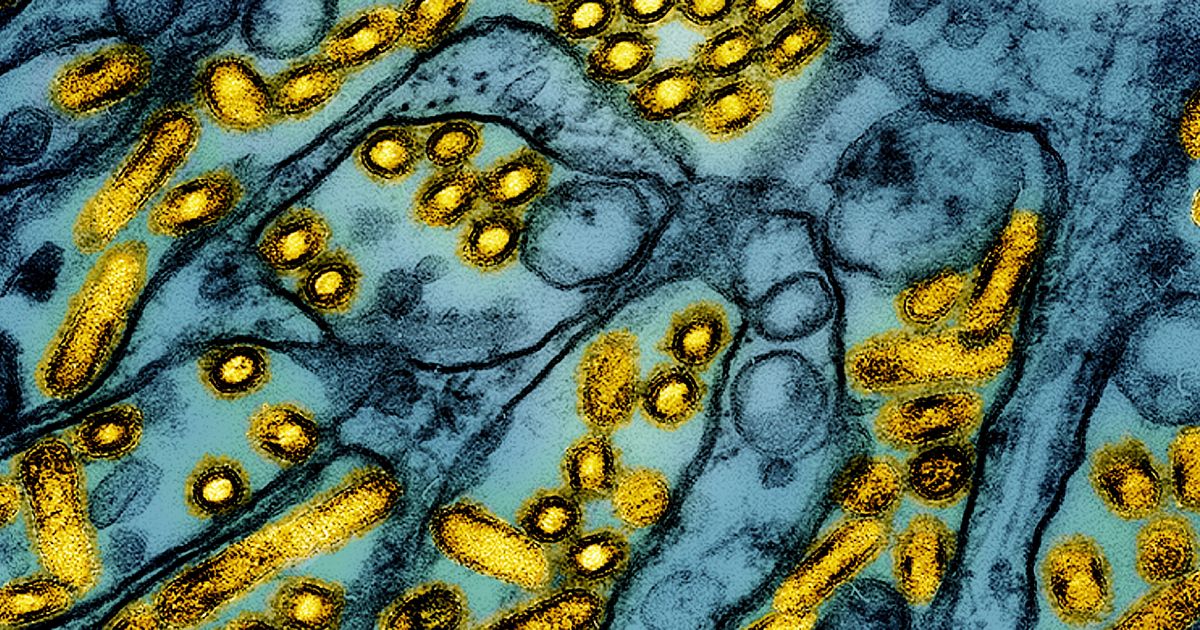CDC Says Bird Flu Likely Mutated Within Severely Ill Louisiana Patient

A genetic analysis suggests the bird flu virus mutated inside a Louisiana patient who contracted the nation’s first severe case of the illness, the U.S. Centers for Disease Control and Prevention said this week.
Scientists believe the mutations may allow the virus to better bind to receptors in the upper airways of humans — something they say is concerning but not a cause for alarm.
Advertisement
Michael Osterholm, a University of Minnesota infectious disease researcher, likened this binding interaction to a lock and key. To enter a cell, the virus needs to have a key that turns the lock, and this finding means the virus may be changing to have a key that might work.
“Is this an indication that we may be closer to seeing a readily transmitted virus between people? No,” Osterholm said. “Right now, this is a key that sits in the lock, but it doesn’t open the door.”
The virus has been causing sporadic, mostly mild illnesses in people in the U.S., and nearly all of those infected worked on dairy or poultry farms.
Advertisement
The Louisiana patient was hospitalized in critical condition with severe respiratory symptoms from bird flu after coming in contact with sick and dead birds in a backyard flock. The person, who has not been identified, is older than 65 and has underlying medical problems, officials said earlier this month.
The CDC stressed there has been no known transmission of the virus from the Louisiana patient to anyone else. The agency said its findings about the mutations were “concerning,” but the risk to the general public from the outbreak “has not changed and remains low.”
We Need Your Support
Already contributed? Log in to hide these messages.
Still, Osterholm said, scientists should continue to follow what’s happening with mutations carefully.
Advertisement
“There will be additional influenza pandemics and they could be much worse than we saw with COVID,” he said. “We know that the pandemic clock is ticking. We just don’t know what time it is.”
The Associated Press Health and Science Department receives support from the Howard Hughes Medical Institute’s Science and Educational Media Group. The AP is solely responsible for all content.

Comments are closed.